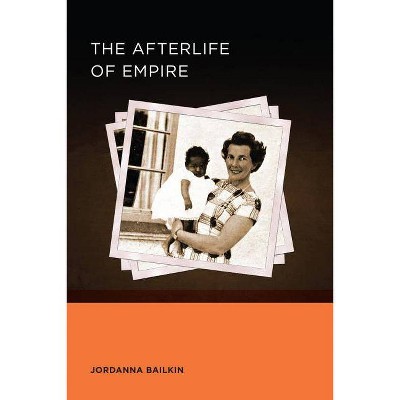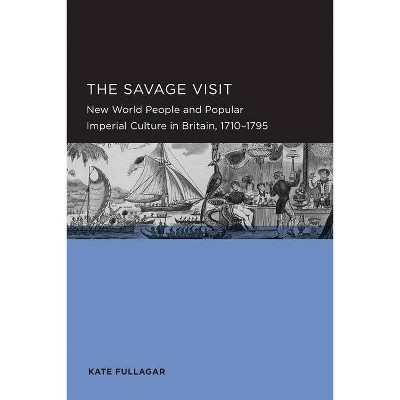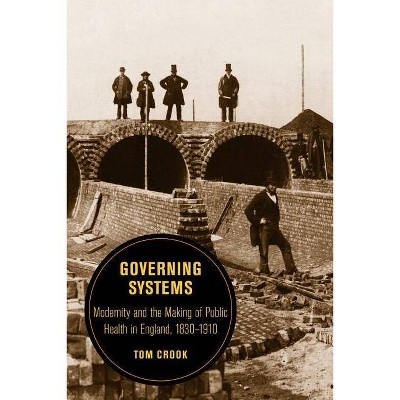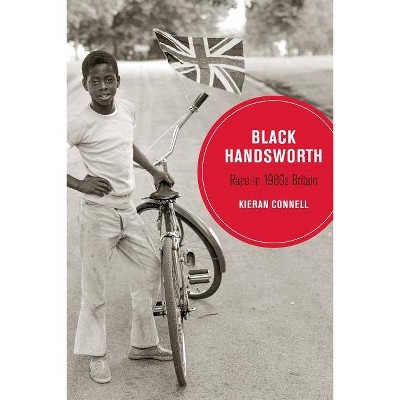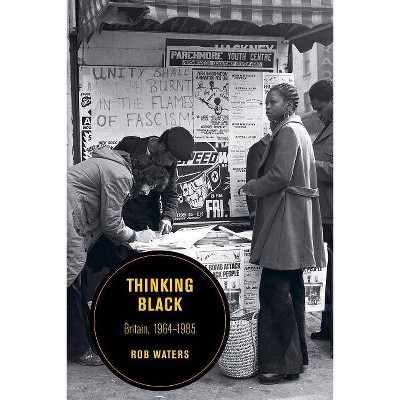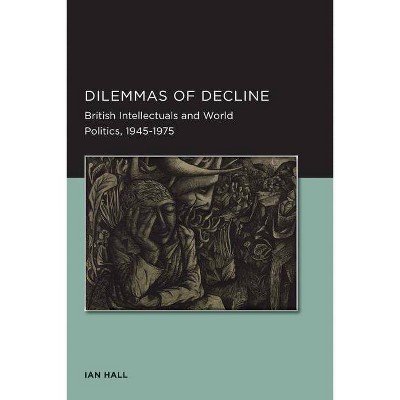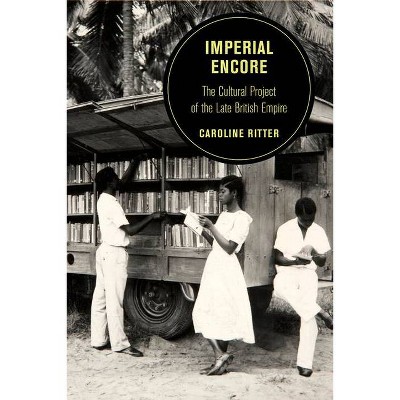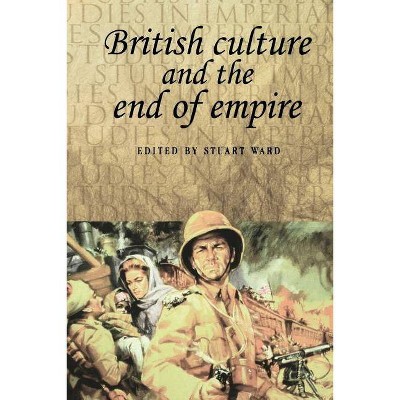Liberalism in Empire, 8 - (Berkeley British Studies) by Andrew Stephen Sartori (Paperback)
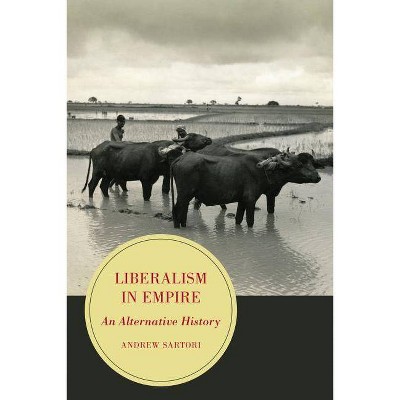
Similar Products
Products of same category from the store
AllProduct info
<p/><br></br><p><b> Book Synopsis </b></p></br></br>While the need for a history of liberalism that goes beyond its conventional European limits is well recognized, the agrarian backwaters of the British Empire might seem an unlikely place to start. Yet specifically liberal preoccupations with property and freedom evolved as central to agrarian policy and politics in colonial Bengal. <i>Liberalism in Empire</i> explores the generative crisis in understanding property's role in the constitution of a liberal polity, which intersected in Bengal with a new politics of peasant independence based on practices of commodity exchange. Thus the conditions for a new kind of vernacular liberalism were created. <p/> Andrew Sartori's examination shows the workings of a section of liberal policy makers and agrarian leaders who insisted that norms governing agrarian social relations be premised on the property-constituting powers of labor, which opened a new conceptual space for appeals to both political economy and the normative significance of property. It is conventional to see liberalism as traveling through the space of empire with the extension of colonial institutions and intellectual networks. Sartori's focus on the Lockeanism of agrarian discourses of property, however, allows readers to grasp how liberalism could serve as a normative framework for both a triumphant colonial capitalism and a critique of capitalism from the standpoint of peasant property.<p/><br></br><p><b> From the Back Cover </b></p></br></br>Few books have the potential to transform a single debate; fewer show, as Andrew Sartori does here, that transforming it demands a profound reconceptualization of much more. To understand the relationship of liberalism and empire is to reconsider the meaning of liberalism anywhere and everywhere, and to locate liberal theory not solely in Western books but also in the density of global life. Sartori's masterpiece of critical history is an instant classic. <br> --Samuel Moyn, author of <i>The Last Utopia</i> <p/> This is a wonderfully challenging and original history. The combination of theoretical ambition and historical rigor will ensure that this text will be a catalyst for academic debate for years to come. <br> --Robert Travers, author of <i>Ideology and Empire in Eighteenth Century India: The British in Bengal</i><p/><br></br><p><b> Review Quotes </b></p></br></br><br>"A careful and intelligent study."-- "American Historical Review" (2/1/2016 12:00:00 AM)<br><br>"Impressive, thought-provoking ... the book makes a very nuanced and persuasive case."-- "Victorian Studies" (7/13/2016 12:00:00 AM)<br><p/><br></br><p><b> About the Author </b></p></br></br><b>Andrew Sartori</b> is Associate Professor of History at NYU, author of <i>Bengal in Global Concept History: Culturalism in the Age of Capital</i> (2008), and coeditor (with Samuel Moyn) of <i>Global Intellectual History</i> (2013).
Price History
Price Archive shows prices from various stores, lets you see history and find the cheapest. There is no actual sale on the website. For all support, inquiry and suggestion messagescommunication@pricearchive.us
